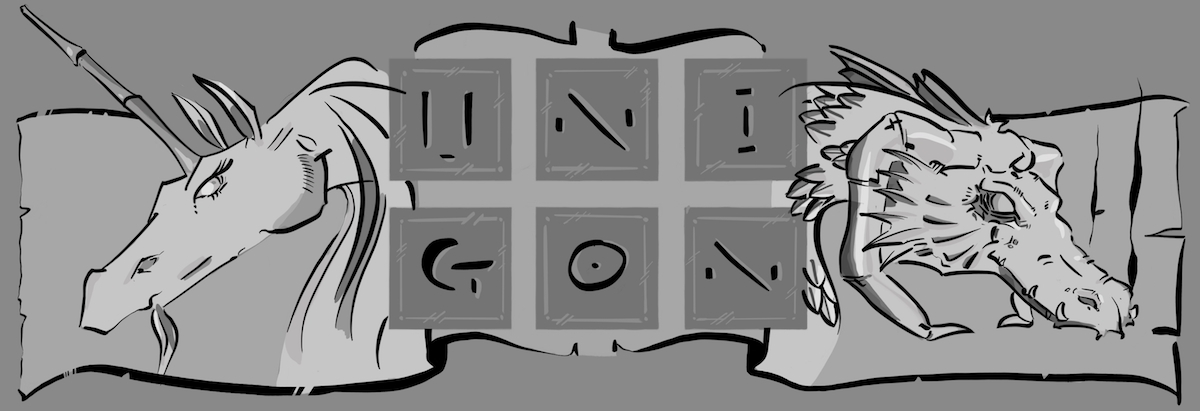Fear evolves. What scared me as a child no longer scares me as an adult. Well, that is not quite true but that is for a future post. Every day, just as we shed our body’s cells, so do we our fears, just as we do grow new cells we discover new fears. Frankly, my own fears fascinate me. I find a part of them compelling, intriguing things to pull out from their box and put down on the floor to examine. I find this process comforting even, a warm welcome reminder of my own frailty, my own humanity. It is a good and healthy thing to be warm and cozy with my fears, to become acquainted on a first-name basis. Then again, I do not have to do as I do, do I? I can fear my fears, can’t I? I can merely nod my head in their general direction, but never quite make eye contact with them, as I sip another drink lounging on my couch. We share the intimacy of secrets with our family, but fears are just guests at just one more cocktail party. How very 1950s—and boring, no?
Self-confidence (or self-esteem if you prefer, although I have yet to discover a distinction with a difference between the two), or its lack thereof, as a form of fear, is a very interesting and personal one. Self-esteem issues are more than just the fear that we are not good enough. We literally fear ourselves for who we are. It causes us to do any number of spiteful, hurtful things all in a weary string of vain attempts to hide the fact that our failures—our unhappiness, our not feeling appreciated, our sense that the world is taking advantage of us—are all rooted in the simple fact that we are not able to accept ourselves for who we are (and are not). We build up our defenses to keep out the hoarding heathens and then forcibly project from trebuchet our fears and subconscious anger of ourselves onto others. We live in the shadow of self-denial, refusing to admit that we are angry with ourselves. We are angry, yes; but, we are angry with anyone who exposes the weaknesses and faults we are embarrassed by. At later stages this fear warps us into a kind of self-nominated, self-inducing victim. We come to blame everyone but the person responsible and with the power to do anything about our condition. We come to blame everyone but ourselves. And lo and behold! We become in all dear and precious actuality our very own victimizer, our very own jailer. And I know. This form of fear will lay low any city, no matter its grandeur, right to the granite foundations more quickly and permanently than any other fear. It is a ruiner of lives, a destroyer of dreams, a humbler of the “mighty”. And I know; it was mine.
In my past I used to be afraid that neither did I nor would I amount to anything, that I was not smart enough or strong enough or wise enough or talented enough or kind enough or frankly human enough. I used to even think my ambition drove me; it did not. It is overly simplistic but sufficient in this context to write that it was fear that drove me: I feared that if I rested for long enough I would reveal myself for the fraud I believed I was. Because I feared my humanness, or more specifically because I did not have the courage to love myself—all of myself—I hurt and then lost the persons I loved most. And now? I fear dying alone. It is not death itself that I fear, though. I fear that I will die a life lived without love and loved ones. I fear I will be alone at my death, no child or wife to hold my hand, to lay down head on shared shoulders and to permit ourselves to hold onto that one last moment in the afterglow of a life well-loved well-lived. It is natural these fears. Certainly loneliness and fear are cousins we need to accept to our table; nevertheless, we should never allow them to drive our decisions. But how often have my own fears motivated me in my past? I fear the answer is: too much. And if that last bit did not make you laugh then I fear nothing will. SEMI-COLON CLOSING-PARENTHESES.
I feared, even came to believe, I was a fundamentally broken human being. And I emphasized the way I did for a reason; I believed (nota bene my use of past tense) my condition was an inheritance of my birth. Irrevocable. Irreconcilable. Permanent. But of course, I am human. Nothing is irrevocable. Nor irreconcilable. Nothing is permanent except change itself, trite as it may be to write that. It may be possible to live without fear. But I do not think it is a healthy thing to attempt. Such a success only removes us from our ourselves, from our humanity. We need to experience loneliness. We need to experience fear. It is a part of our shared human condition; a requisite, payment even, for being self-aware.
